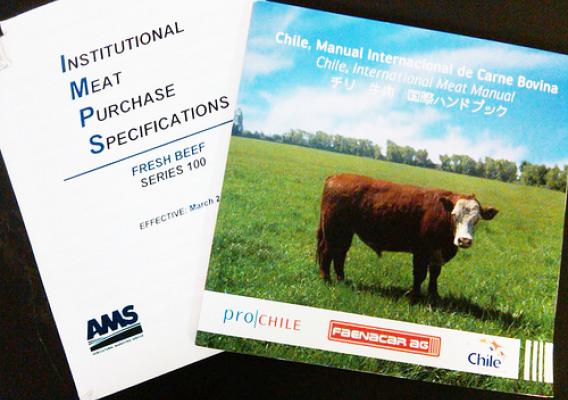These cabbages would be the pride of any gardener, but in this case the gardeners are eighty 2nd and 4th grade students from Junction City Elementary in Junction City, Arkansas. They are among the 4,000 students in 54 schools across the country participating in Healthy Gardens, Healthy Youth (HGHY) – a project of USDA’s People’s Garden School Pilot Project.
With its southern climate, the schools in Arkansas got a head start on building their gardens and planting crops. On this day, Arkansas HGHY Principal Investigator Laura Connerly and project leads Janet Carson and Julie Treat of the University of Arkansas, along with HGHY Project Director Brad Gaolach and Martha Aitken from Washington State University, watched the students enthusiastically harvest cabbage, beets, basil, and green beans – pounds and pounds of them.
Directing the harvest was University of Arkansas Extension horticulture agent, Robin Bridges, and 4-H Program Assistant, Cynthia Ford, who have taken the Junction City students step by step through building, planning, planting and now, harvesting their garden. HGHY has enjoyed the full participation of the Junction City Elementary staff from Principal Rebekah West, to the four classroom teachers – Jan Wilson, Dee McKinnon, Connie Hammett and Patricia Murray - to the cafeteria and custodial teams, providing a rich environment for the students to learn about healthy eating.







